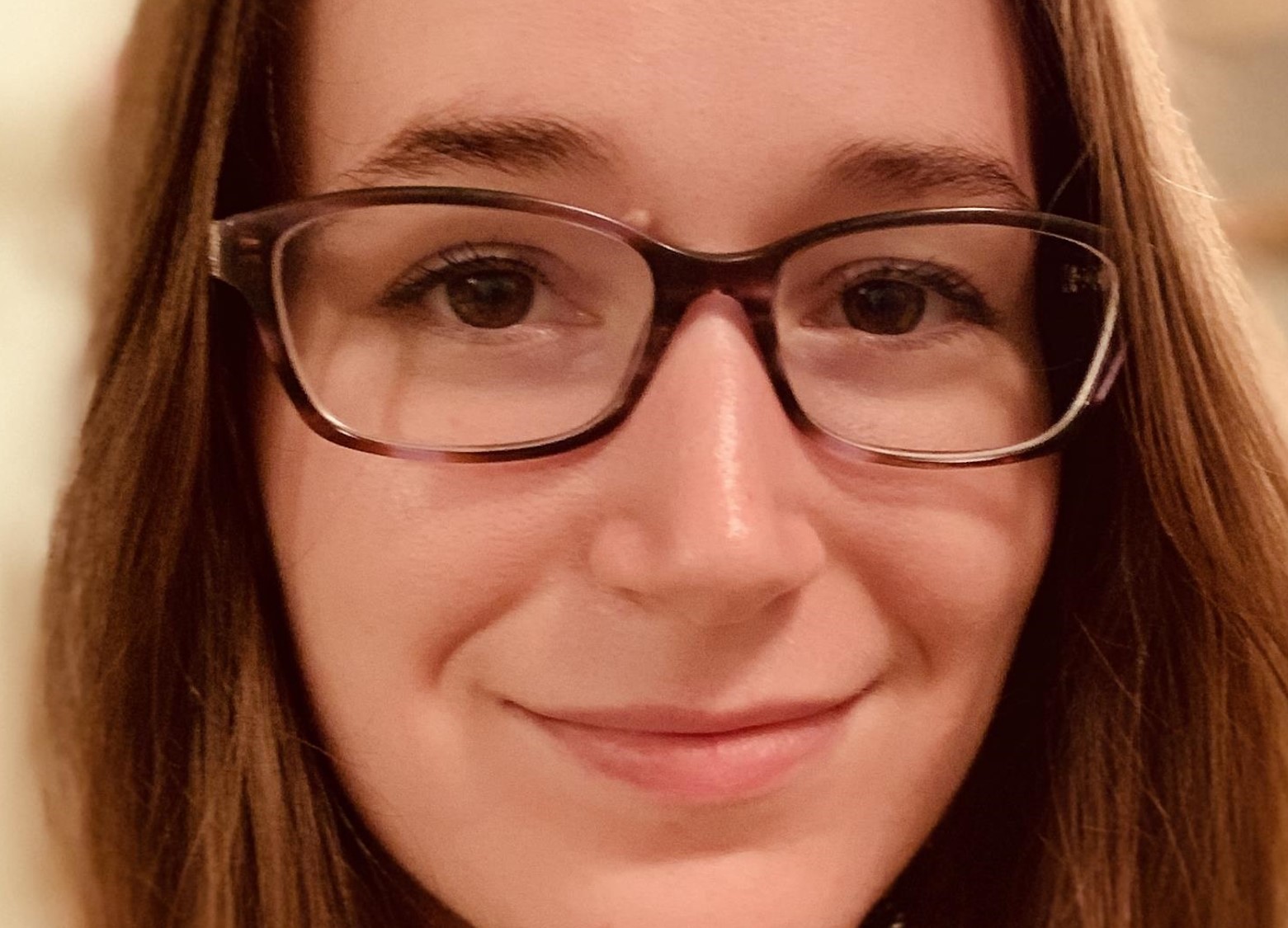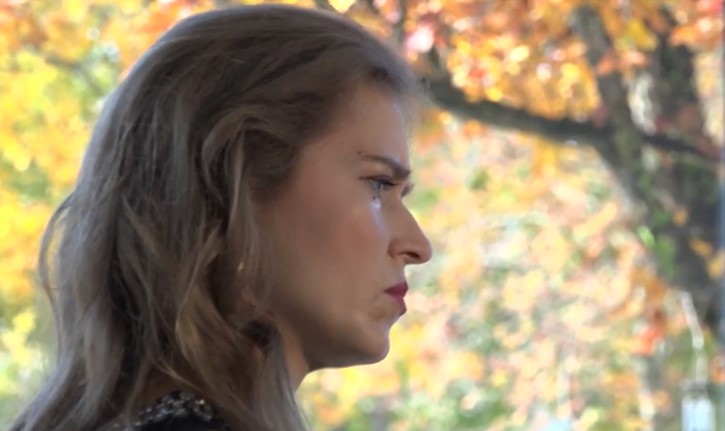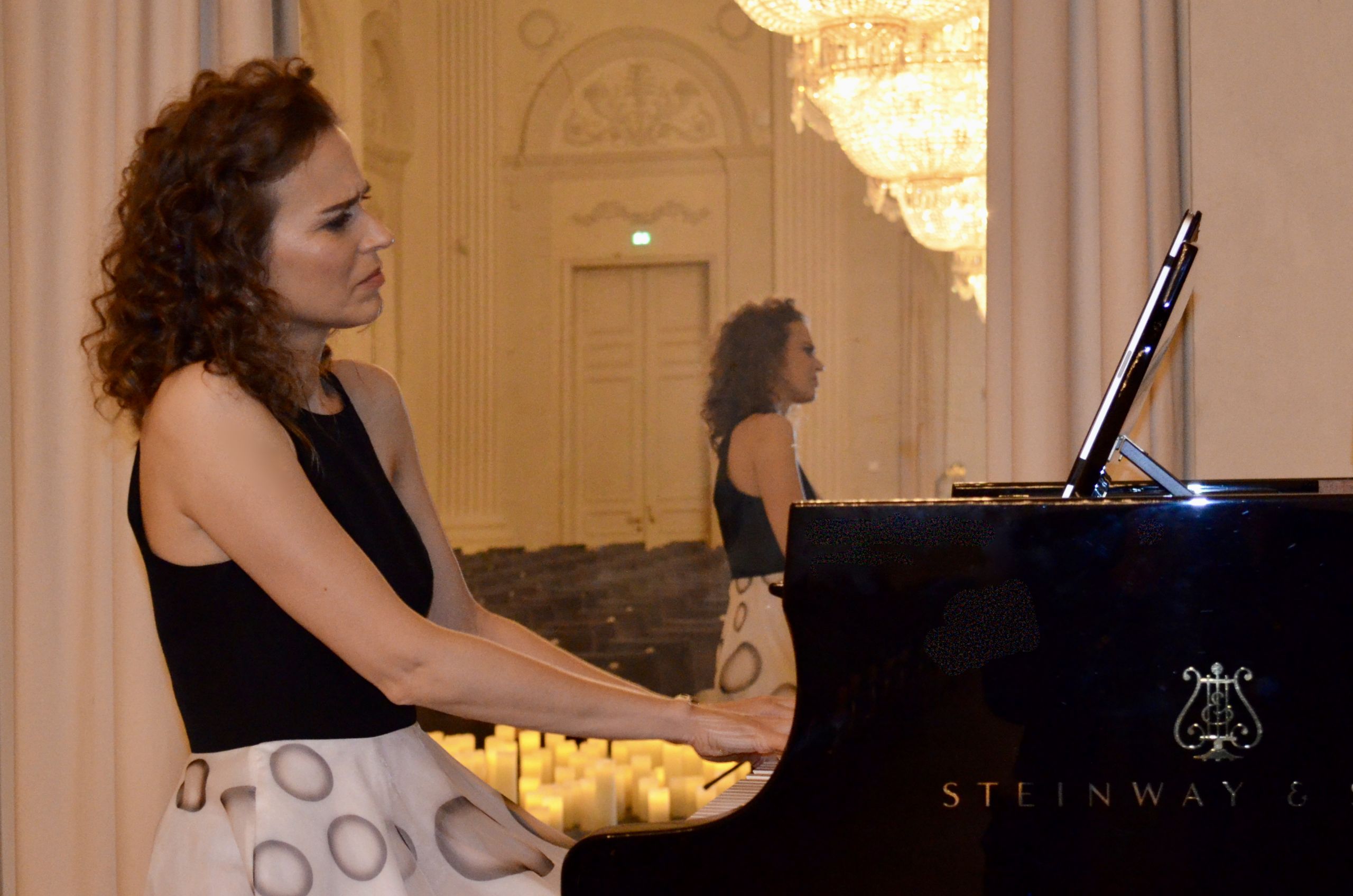About
I was born in 1992 in New England, and I have lived here ever since. Music has been a part of my life for as long as I can remember. Both of my parents are musicians, and they began teaching me to play the piano when I was very young. During my childhood and teenage years, I joined nearly every music group I could. I sang in my school and church choirs, took violin lessons, played in a small orchestra, accompanied choirs and my church congregation, taught myself basic guitar chords, and even taught a few piano students. Though I loved to sing and play different instruments, playing the piano was my favorite musical pastime. I never had to be told to practice; hardly a day went by that I didn’t touch a piano. In high school, I researched classical pieces on my own and fell in love with Rachmaninov and Chopin. My wonderful piano teacher introduced me to Poulenc and Scriabin. I also loved choral pieces, and I would accompany myself singing at the piano. I spent countless hours sight-reading new pieces and playing old favorites.
When I graduated from high school, I seriously considered music as a career choice. My piano skills were good, and I could have majored in music in college. However, after much deliberation, I chose to study math instead. I enjoyed math in high school, and I believed it would be more practical for the future. Despite this choice, I remained very involved in music, specifically the piano. I worked as an accompanist at my university and learned a great deal by listening to the lessons of other students.
Throughout my four years in college, I dated and became engaged to my husband, John (an electrical engineer), and we were married in June of 2014. That September, I was offered a teaching position at the same school I graduated from. I have been teaching various middle and high school math classes there ever since. During these past few years, I have also taught piano to several students, and I had a few opportunities to accompany for musical theater competitions. One of these opportunities led to my first experience with music notation, when I needed to condense part of an orchestra score and rewrite it (by ear) for piano. Since that time, I became interested in writing my own music. One of my earliest pieces was a fun jazzed-up duet version of “Fur Elise” that I wrote for my mom and me.
This past year, I have begun to compose music more steadily in my spare time. I mostly write piano pieces, but I have also written a few songs for my church congregation. I enjoy arranging hymns and rewriting melodies for songs whose tunes are not the best fit for their lyrics. I also love to play piano duets, and I am working on writing more. Though I am not a “professional” musician, I am still working continuously to improve my piano technique and composition skills.
I am not good at expressing myself verbally, so music has always been a blessing to me. In turn, I hope that my music can be a blessing to others. I believe that God has given me a love and talent for music, and I hope to continue to improve that talent in the future.


